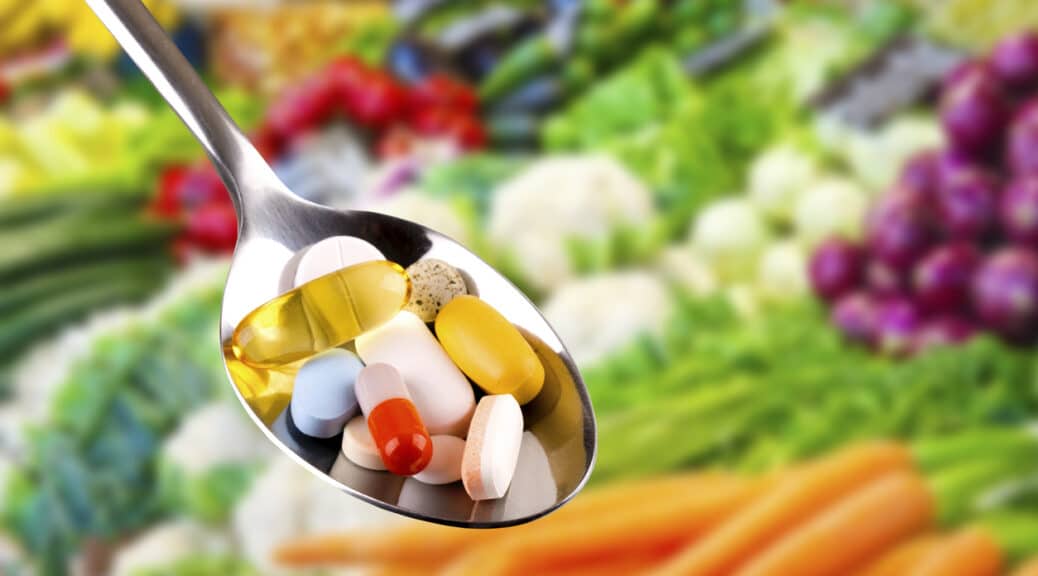Why You Shouldn’t Mix These Foods and Medications

We all know that certain medication should never be taken alongside alcohol, but less well known are the everyday food items that can reduce the efficacy of certain medications or even adversely impact our health.
You may find it shocking to hear cut down on the kale, but there’s good reason. Keep reading to find out which food and medication combinations to avoid and why.
Bananas
Packed full of potassium, bananas are great for digestive health, however if you’re taking ACE inhibitors for a heart condition, stay clear of the yellow fruit. ACE inhibitors, such as captopril, enalapril, lisinopril, perindopril, and ramipril are designed to lower blood pressure, so if you take them while eating a lot of bananas you could inadvertently send your potassium levels through the roof which can lead to an irregular heart-beat.
Dairy
You should try to avoid milk, yoghurt, ice cream or cheese when on certain antibiotics such as tetracyclines or quinolone antibiotics (which are prescribed to fight off varying types of bacterial infections). The calcium in these products essentially binds the drug and prevents absorption, rendering them useless. The National Library of Medicine suggests waiting at least 3 hours after taking your antibiotic to eat or drink any dairy products.
Kale or Leafy Greens
Although kale may be taking over your Instagram feed, not everyone should be eating it by the bucketful. Rich in vitamin K, too much of the popular superfood can make anticoagulants, like warfarin, less effective. So, if you’re taking blood thinners, experts say it’s best to eat only a small and consistent amount of kale and other dark leafy greens.
Grapefruit
Another notoriously healthy food, grapefruit, can actually disturb the way your body absorbs medication. It can metabolise too much of the drug in your bloodstream, potentially worsening any side effects. For instance, “if you drink a lot of grapefruit juice while taking statin drugs to lower cholesterol, too much of the drug may stay in your body, increasing your risk for liver and muscle damage that can lead to kidney failure.” (U.S Food and Drug Administration). Other medicines (anti- anxiety, corticosteroid, antihistamines and more) can also interact poorly with grapefruit.
Pickled or Fermented Food
Pickles, kimchi, sauerkraut or anything fermented can heighten blood pressure for people who are on monoamine oxidase inhibitors (MAIOs), as well as certain medications for Parkinson’s Disease. This could lead to an array of ramifications such as chest pain, palpitations, shortness of breath and more.
Before starting any new medication, it’s best to find out as much as you can about it by speaking to a doctor. Complex chemical reactions in the body mean that anything you ingest can affect you in more ways than one. Even though we’re not consciously aware of it, these reactions are happening all the time.
More articles that may interest you:
[optin-monster-inline slug=”oqqklvasafov6yvbfsuo”]
